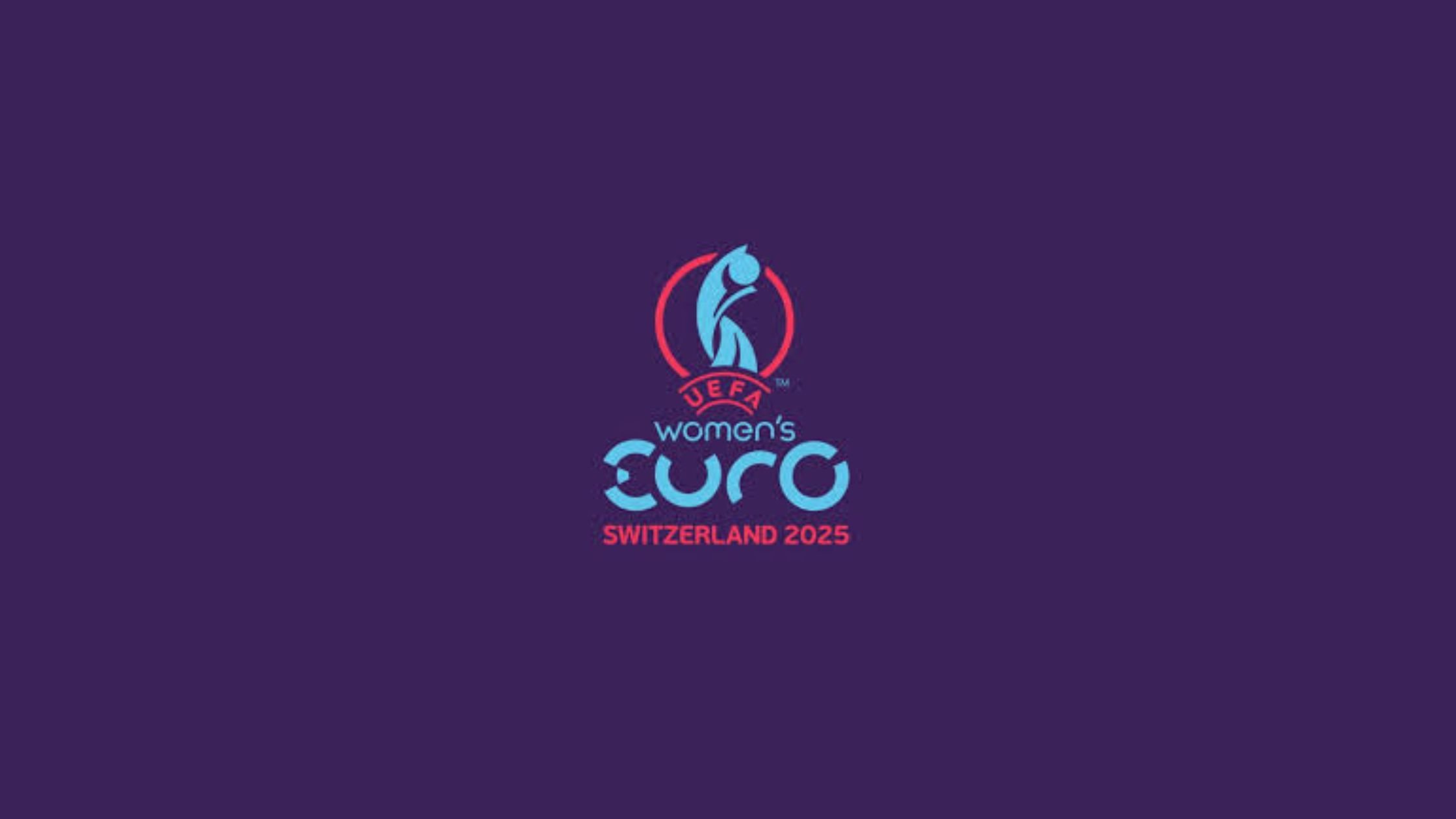The summit of emotions: Brace yourself for next summer’s #WEURO2025 in Switzerland

defend the historic crown, they won in 2022. The baton has been passed on to Switzerland to host the UEFA Women’s EURO 2025 tournament from 2- 29 July. Scotland, Wales, Northern Ireland and Republic of Ireland will compete in play-offs to try to reach finals.
When is Women's EURO 2025?
The tournament will run from 2 -27 July 2025
When do tickets go on sale?
Tickets prices for the tournament have been revealed and are due to go on sale 1st October, with more than 720,000 tickets available for the final tournament to be played in Basel.
Fans can register their interest now here
https://www.uefa.com/womenseuro/ticketing/
For ticket prices go to https://editorial.uefa.com/resources/028f-1b44fde2573a-1c621f8065d5-1000/3x4_ticket-pricing-table.pdf
Who has already qualified?
Seven more places are set to be allocated via the play-off system, taking place in October and December. The following have already qualified
England (holders)
Switzerland (hosts)
France
Italy
Netherlands
Spain
Denmark
Germany
Iceland
What are the Women’s EURO host cities?
The 16-team tournament will take place in eight venues across Switzerland, with a combined capacity of more than 175,000 seats for the tournament’s 31 matches in the following host cities:
St Jakob-Park, Basel
Stadion Wankdorf, Bern
Stade de Geneve, Geneva
Stadion Letzigrund, Zurich
Arena St.Gallen, St.Gallen
Allmend Stadion Luzern, Lucerne
Arena Thun, Thun
Stade de Tourbillon, Sion
How does Women's EURO 2025 qualifying work?
Teams were split into three leagues: League A with 16 teams, League B with 16 teams and League C with the remaining teams. Each team's starting league position was determined based on the results of the 2023/24 UEFA Women's Nations League.
Teams competed in groups of four or three teams (League C) and over six matchdays, with each team playing one home match and one away match against all the other teams in their group.
The final European Qualifiers league ranking rewarded the eight top teams in League A with direct qualification for UEFA Women's EURO 2025. Hosts Switzerland (in League B) were also guaranteed a slot.
The remaining slots will be contested over two rounds of home-and-away European Qualifiers play-offs.
In the first round, the teams finishing third and fourth in League A will play the winners and three best-ranked runners-up in League C. The eight winners progress to the second round.
The three group winners (other than Switzerland) and three best-ranked runners-up in League B will be drawn into 6 ties against the remaining runners-up, four third-placed teams and best fourth-placed team in League B. The six winners progress to the second round.
The draw is as follows:
Turkey vs Ukraine
Croatia vs Northern Ireland
Bosnia and Herzegovina vs Serbia
Azerbaijan vs Portugal
Hungary vs Scotland
Slovakia vs Wales
Round Two - all 14 winners from round one of the play-offs are drawn together in seven ties. Seven teams will be seeded based on their European qualifying overall ranking.
The draw is as follows:
Azerbaijan/Portugal vs Belarus/Czech Republic
Hungary/Scotland vs Montenegro/Finland
Turkey/Ukraine vs Greece/Belgium
Slovakia/Wales vs Georgia/Republic of Ireland
Romania/Poland vs Slovenia/Austria
Croatia/Northern Ireland vs Albania/Norway
Bosnia and Herzegovina/Serbia vs Luxembourg/Sweden
In the second round, the teams will be drawn into 7 ties, with the seven winners progressing to the final tournament.
UEFA Women's EURO 2025 promises to be a high-quality, environmentally friendly tournament. In line with UEFA's recently introduced guidelines, the Swiss strategy also embraces Circular Economy models (reduce, reuse, recover) to minimise waste wherever possible. Further social responsibility initiatives are planned regarding human rights, inclusion and equality.
Tournament narrative
The tournament's key promotional message melds the mountainous landscape of Switzerland with what football never fails to deliver: the complete spectrum of human emotions. The term "summit" both positions Women's EURO 2025 as the pinnacle of European sports competition and serves as a reference to the unique location in which the tournament takes place.
Tournament legacy
The legacy programme, led by the SFV/ASF, aims to drive positive change by engaging the whole of Switzerland in conversations and actions centred around women's football, representation and equal opportunity. The vision of the tournament is to stimulate long-term, sustainable change at both grassroots and elite levels.
Euro 2025 qualifying schedule:
Play-off round one (two legs): Oct 23- 29, 2024
Play-off round two (two legs): Nov 27- Dec 3 2024
Euro 2025 finals draw: Dec 16 2024
Euro 2025 finals: July 2 to 27 2025 (Switzerland)
Represent Switzerland and the host cities and be a face of women’s football. Pre-register now for UEFA Women’s EURO 2025
https://volunteercommunity.uefa.com/2024/07/30/pre-registrations-open-for-uefa-womens-euro-2025/
The Importance of Career Ending Insurance Cover
Whilst the risk of injury and illness may be unavoidable, its financial impact can be significantly mitigated with the proper planning and the correct cover. A player’s contract determines how long their club is obliged to pay their salary after they sustain a serious or career ending injury.
This timeframe is governed by the contract and a country’s legislation, which varies from one country to another. If the worst happens to a player, their club can terminate their contract and, in some cases, stop paying their salary after six months.
Having a personal accident and illness policy can therefore safeguard a player’s financial future should the unthinkable happen.
As long serving business partners of the PFA, Pro-Secure is the only football insurance recommended and endorsed by the PFA protecting careers and ensuring financial stability.
Pro-Secure policies cover career-ending injuries, safeguarding professional players against the financial impact of unexpected accidents, on and off the pitch.